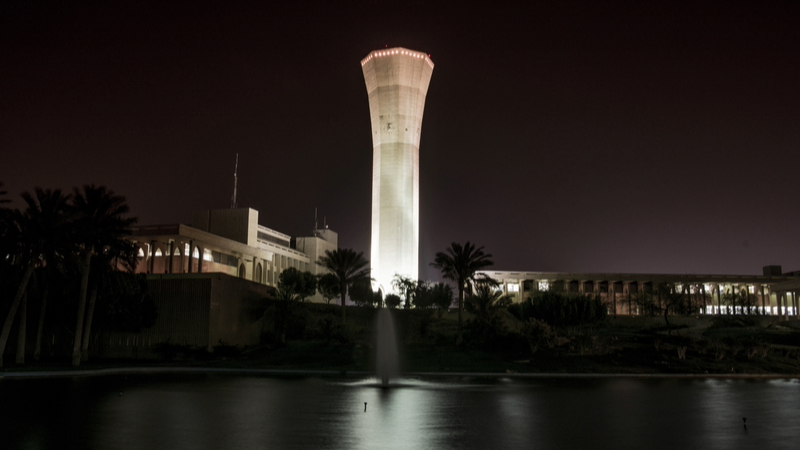
A university in northern England is working with academics in Saudi Arabia to understand how artificial intelligence (AI) can make UK construction greener.
The British Council’s UK Saudi Challenge Fund is financing a year-long research project by Northumbria University and King Fahd University of Petroleum and Minerals (KFUPM) in Saudi Arabia to investigate how construction sites in the UK and the Middle Eastern country can reduce waste.
Dr Pablo Martínez Rodríguez, from Northumbria’s Department of Architecture and Built Environment, and co-investigator Dr Osama Mohsen, from KFUPM, aim to develop AI models that can identify and quantify waste from a range of building materials, such as wood or plastics, that may end up in landfill sites but that could be recycled.
The joint research will also help create a comparative analysis between waste management and sustainability practices in the UK and Saudi Arabia.
Dr Rodríguez said: “Most construction sites analyse waste through modelling techniques, rather than measuring what is being thrown away. We need a flexible way of processing the data more quickly than we currently have, and by using AI we can install visual sensor systems that monitor skips at construction sites and derive accurately how much waste is being produced.
“This would give a value to the waste being generated at construction sites and help us better understand the capabilities of the circular economy so that the building industry can become more sustainable.”
Similar challenges
The UK construction industry uses up to 40% of the country’s raw resources every year, 20% of which ends up in landfill. Although current efforts have diverted about 13% of it from landfill, it is far from the industry’s target of zero waste by 2040.
Saudi Arabia faces similar challenges. Annual waste generated by its construction industry amounts to approximately 130m tonnes, of which less than 1% is recycled. The rest mostly ends up in landfill – and demand for landfill space is increasing rapidly.
While the UK is considered to be slightly more advanced than Saudi Arabia in terms of sustainability, there is currently still no accurate waste measurement system in either country.
Dr Rodríguez added: “Our research will therefore have an impact in both the UK and Saudi Arabia and help inform policy and develop best-practice guidelines for the industry.”











